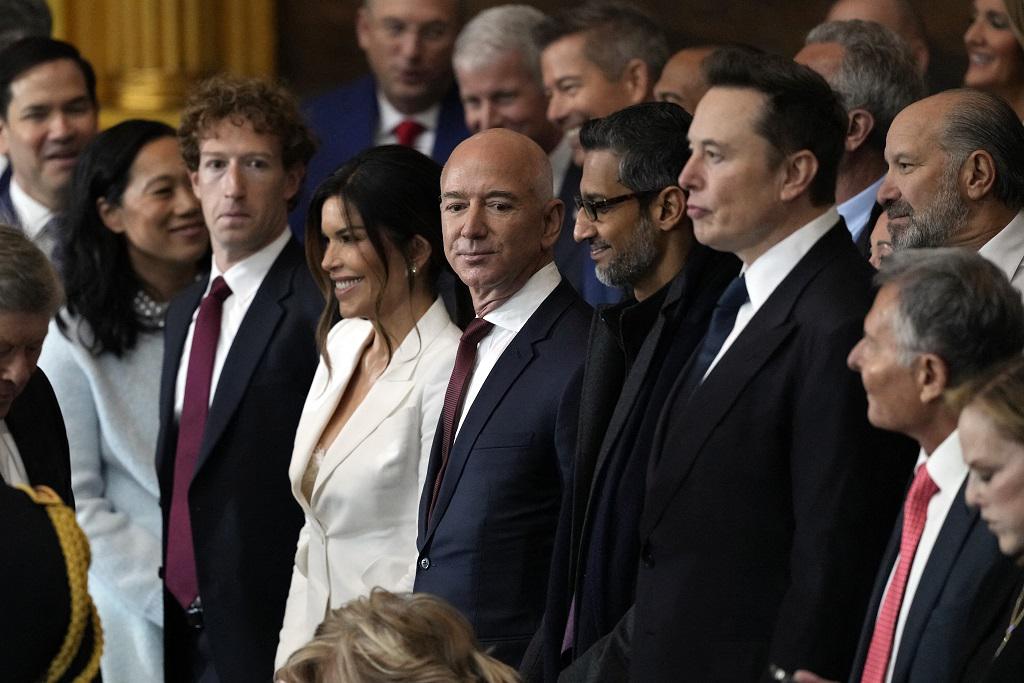The article discusses the concept of “national innovation systems,” emphasizing how countries like Japan and South Korea have formalized systems through government policy, while the U.S. relies on a more tacit approach influenced by its laissez-faire ideology. America’s system includes top research universities funded by government entities and supports various industries, especially biotech, despite significant domestic manufacturing losses.
President Trump initially supported this system during his first term by facilitating rapid vaccine development using existing research but later sought to undermine it by attacking universities and defunding research institutions. The article points out that tech giants like Amazon and Google, while indirectly benefiting from public funding, emerged from different paths. While Trump’s policies may threaten traditional innovation avenues, tech monopolies continue to thrive and extract high profits globally, often at the expense of smaller innovators.
Despite ongoing trade deficits and challenges in manufacturing, U.S. tech monopolies dominate the market. The article concludes that while Trump’s chaotic approach appears misguided, there may be strategic reasons for his alignment with powerful tech figures, suggesting that his actions could significantly reshape America’s innovation landscape.



